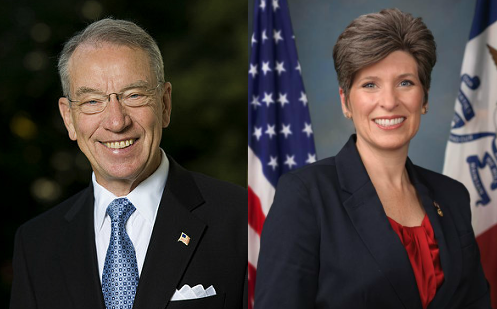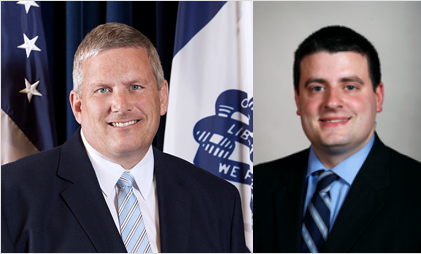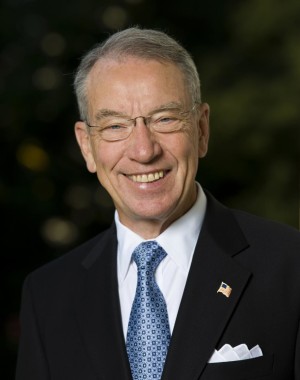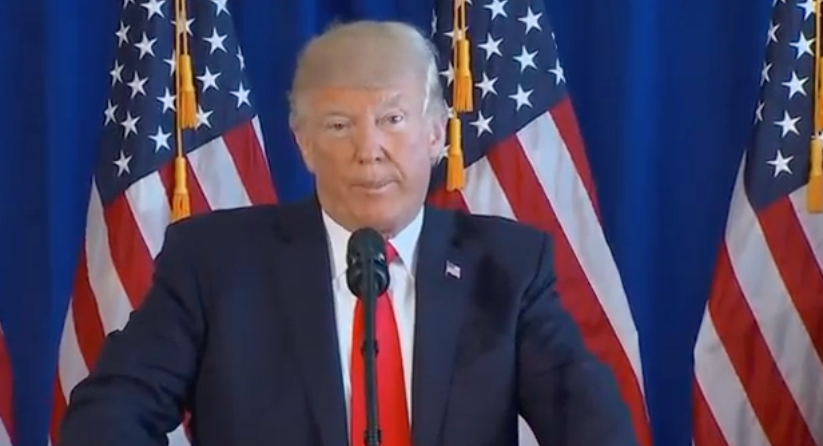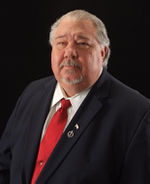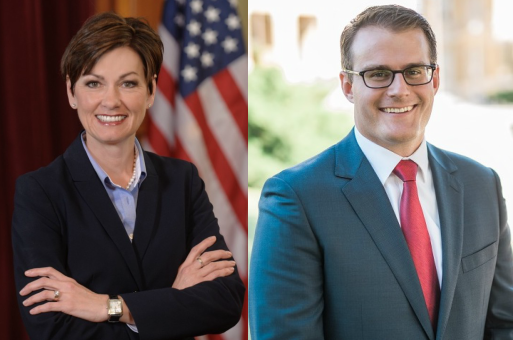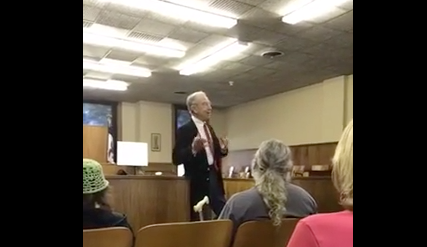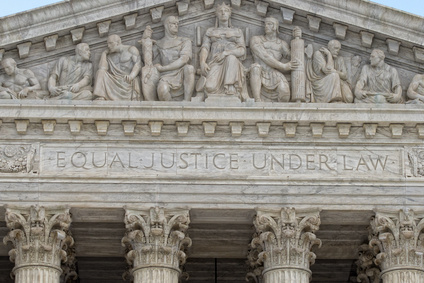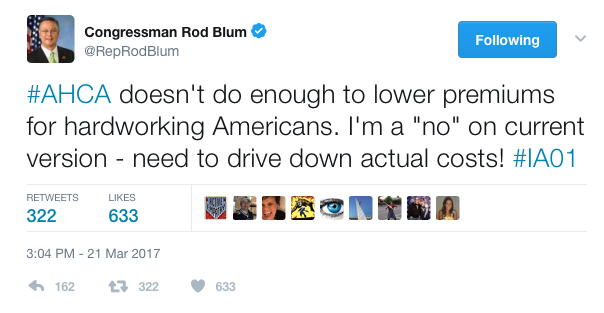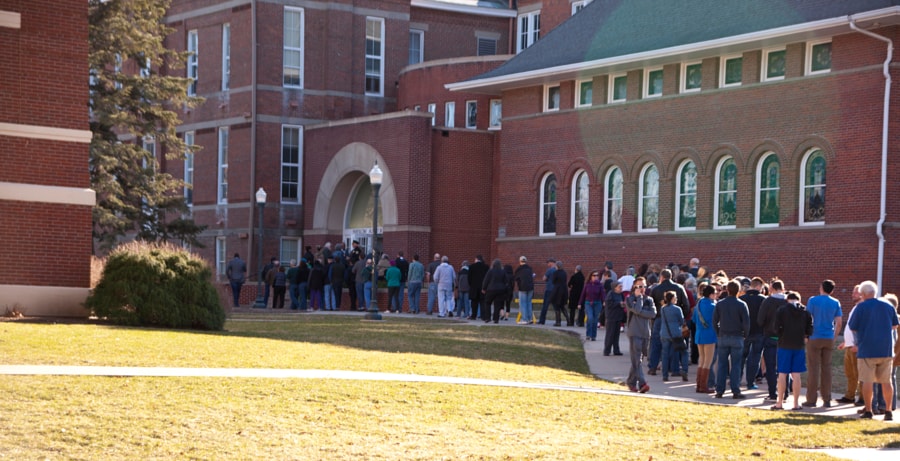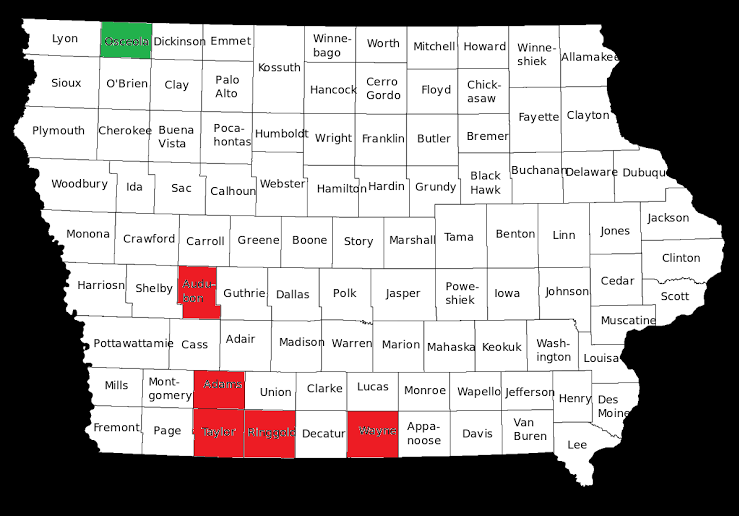When President Donald Trump fired James Comey yesterday, not even halfway through the FBI director’s ten-year term, the Nixonian parallels were immediately obvious to almost everyone, except for Iowa’s senior Senator Chuck Grassley.
While others saw the White House citing “pretexts” in a “blatant effort to derail” the FBI’s investigation of the Trump campaign’s connections with Russia, Grassley issued a statement accepting every lame excuse from the administration.
“Over the course of the last several months, Director Comey’s decisions on controversial matters have prompted concern from across the political spectrum and from career law enforcement experts.
“The handling of the Clinton email investigation is a clear example of how Comey’s decisions have called into question the trust and political independence of the FBI. In my efforts to get answers, the FBI, under Comey’s leadership, has been slow or failed to provide information that Comey himself pledged to provide.
“The effectiveness of the FBI depends upon the public trust and confidence. Unfortunately, this has clearly been lost.
“The FBI Director serves at the pleasure of the president. Under these circumstances, President Trump accepted the recommendation of the Justice Department that the Director lacked the confidence needed to carry out his important duties.”
Within hours of Comey’s dismissal, multiple journalists confirmed that the president “had talked about the firing for over a week.” Attorney General Jeff Sessions and Deputy Attorney General Rod Rosenstein wrote up their recommendations “to give him rationale.” Sessions formally recused himself from the Russian investigation after failing to disclose his contacts with that country’s ambassador last year.
Grassley is among very few people to take Trump’s goodbye letter to Comey at face value, rather than as a smokescreen for a president who just “decisively crippled the F.B.I.’s ability to carry out an investigation of him and his associates.” CNN reported last night, “Federal prosecutors have issued grand jury subpoenas to associates of former National Security Advisor Michael Flynn seeking business records […].” This morning, the New York Times revealed that last week Comey “asked the Justice Department for a significant increase in money and personnel for the bureau’s investigation into Russia’s interference in the presidential election.”
Some other Republicans were not so gullible. More than 100 members of Congress, joined by some conservative commentators, are now calling for an independent commission on Russia. Senate Majority Leader Mitch McConnell wants no part of that, telling reporters this morning that a new investigation would “impede” current work on Russia’s involvement.
Grassley is uniquely positioned to demand an independent inquiry. As Senate Judiciary Committee chair, he controls the process for confirming Comey’s successor. He could use that power to delay any confirmation hearings on a new FBI director until a special prosecutor has been named to investigate ties between Trumpworld and Russia, just as he exercised his prerogative to deny President Barack Obama’s Supreme Court nominee any consideration during 2016.
Regrettably, Iowa’s longest-serving senator has signaled he will run interference for the White House. Asked this morning what he would say to those who have called the president’s action “Nixonian,” Grassley told the hosts of “Fox and Friends,” “My message is suck it up and move on.”
Grassley’s instinct to protect the president from came through during a May 8 Senate Judiciary subcommittee hearing as well. While questioning former Acting Attorney General Sally Yates and former Director of National Intelligence James R. Clapper Jr., he revealed remarkably little interest in the bombshell revelation that Trump kept Flynn on his staff for eighteen days after Yates warned White House officials the president’s national security advisor had been compromised by Russia. Instead, the self-styled champion of whistle-blowers pushed Yates and Clapper hard about government leaks and “unmasking” of Trump administration officials. (The Washington Post published a full transcript of that hearing). Longtime GOP strategist Rick Wilson commented, “Grassley is running the WH talking points. It’s painful to see him so diminished.”
Historians will record who stood up for the rule of law, and who gave cover to a president’s cover-up. It’s not too late for Grassley to do the right thing.
P.S.- At this writing, Iowa’s junior Senator Joni Ernst has released no statement on the biggest political news of the last 24 hours. Her Twitter and Facebook feeds are full of photos and mundane comments about her visits to businesses yesterday and this morning. Three months ago, Ernst made a big show of urging Trump to “pursue a principled and tough-minded Russia policy.”
UPDATE: The Des Moines Register’s Jason Noble received this statement from Ernst’s office by e-mail: “We didn’t send out a release. However, Senator Ernst has said the Director of the FBI serves at the pleasure of the President; therefore, this decision was up to President Trump to make.”
SECOND UPDATE: Grassley expressed concerns this morning about Andy McCabe serving as acting FBI director, given his wife’s connections to Democrats.
THIRD UPDATE: Added below Grassley’s stated reasons for opposing a special prosecutor on Russia’s attempts to influence our elections and connections to Trump associates.
Continue Reading...

